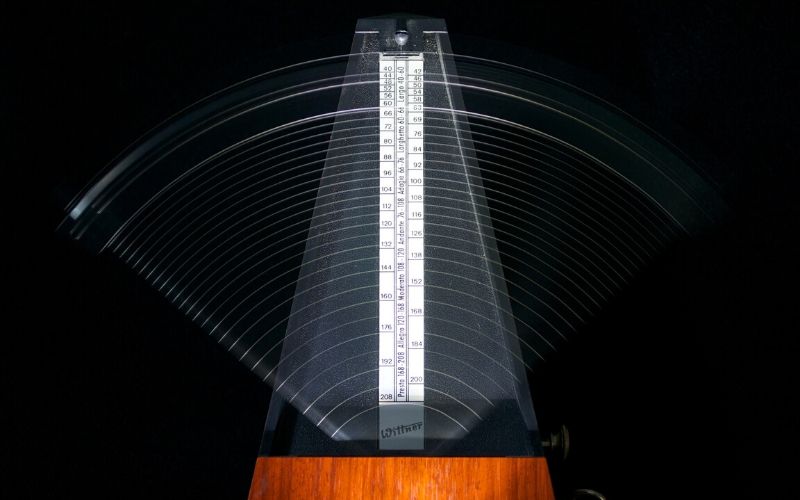AVTOR: JASON BLAKE
Long sentences.
When writing in English, keep your sentences short. Better yet, alternate long and short sentences.
Don’t write two long sentences in a row. This rule of style and rhythm appears in every writing guide in English. I can’t be bothered to track down my various guides from the shelf beside me, so I’ll just repeat: Don’t write two long sentences in a row. It’s like pairing meat with meat, which come to think of it is often the case in Slovenia.
(A series of short sentences can also be an assault on the ear – read my first two paragraphs aloud and you’ll hear what I mean – but most Slovenians don’t seem to play the short-pass game. If you insist on going long in sentence one, go short in sentence two. Don’t throw long bomb after long bomb.)
Long sentences translated from Slovenian into English clunk along like those sentences from bygone centuries that, to quote Bill Bryson, “sound today uncomfortably like the ramblings of a man who has sat up far too late and drunk rather too much port.”
Instead of a negative example, here are a few soothing lines from Simon Winder’s Danubia: A Personal History of Habsburg Europe. He mixes long and short sentences beautifully as he describes a World War One monument in Most na Soči that reads, simply, “Here the XV Corps fought” (except that it’s in German, but you may have already figured that out):
At the monument’s base are steps and a sort of altar and stone torches. These latter used to be lit to create a suitably warrior-pagan atmosphere. Of course everything was soggy moss, mould and rust streaks, but this only enhanced its strange dignity. I have to admit a research defeat, being simply unable to find out how such a monument has survived, with both its post-Habsburg Italian and Yugoslav owners not exactly in favour of the Empire. Perhaps its bald declaration was sufficiently abstract to be respected.
If you’re into numbers: 14, 12, 17, 34, 10.
Before and after…
Here’s a nifty example of the before and after of a too-long sentence from a well-written Master’s thesis. The sentence is not awful. It just needs some tweaking.
Whether or not Dalí was aware of Carroll’s stance on young boys is debatable [FOOTNOTE], but if he was, it would be hard for the Catalan artist to resist painting a repressed psychological bias – in Carroll’s mind, there is no such thing as a male baby, they are pigs; or, as he puts it (through Alice): “If it had grown up, […] it would have made a dreadfully ugly child: but it makes a rather handsome pig, I think” (Carroll, 2015: 52).
Here’s the footnote: “The first edition of The Annotated Alice was published in 1965, three years before Dalí completed his commission, so it is not impossible that he did read The Annotated Alice at some point before or during his work on the Alice illustrations.”
If you’re into numbers: it’s 123 words with the footnote, 81 without; if you subtract “2015: 52” as non-words, the sentence is still an imposing 79 words. In any case, this sentence ran away from the author.
My advice to my former student: “Divide this sentence into two or three. You have: a) a footnote, b) “but”, c) a dash, d) a colon, e) brackets, f) a quotation. This is a Hawaiian shirt of a sentence.”
Post-tweaking:
Whether or not Dalí was aware of Carroll’s stance on young boys is debatable [FOOTNOTE], but if he was, it would be hard for the Catalan artist to resist painting a repressed psychological bias. In Carroll’s mind, there is no such thing as a male baby. They are pigs, or, as he puts it (through Alice): “If it had grown up, […] it would have made a dreadfully ugly child: but it makes a rather handsome pig, I think” (Carroll, 2015: 52).
The twelve-word second sentence in bold lets us catch our breath. It gives us a welcome break after the abstractions of the first sentence (“repressed psychological bias”). Then we can rush into the splendid concreteness of the “rather handsome pig” in the third sentence.
Most importantly, the new passage is a hullava lot easier to understand.
…and in case you’re curious, Bill Bryson was referring to a 250-word monster penned by Samuel Johnson (1709–1784), who was most famous for his Dictionary of the English Language and less famous for imitating a kangaroo, a creature he’d never seen in print or person. There are two lessons to be drawn from the Bryson and Johnson examples: keep your sentences relatively short and don’t imitate animals you’ve never seen.














